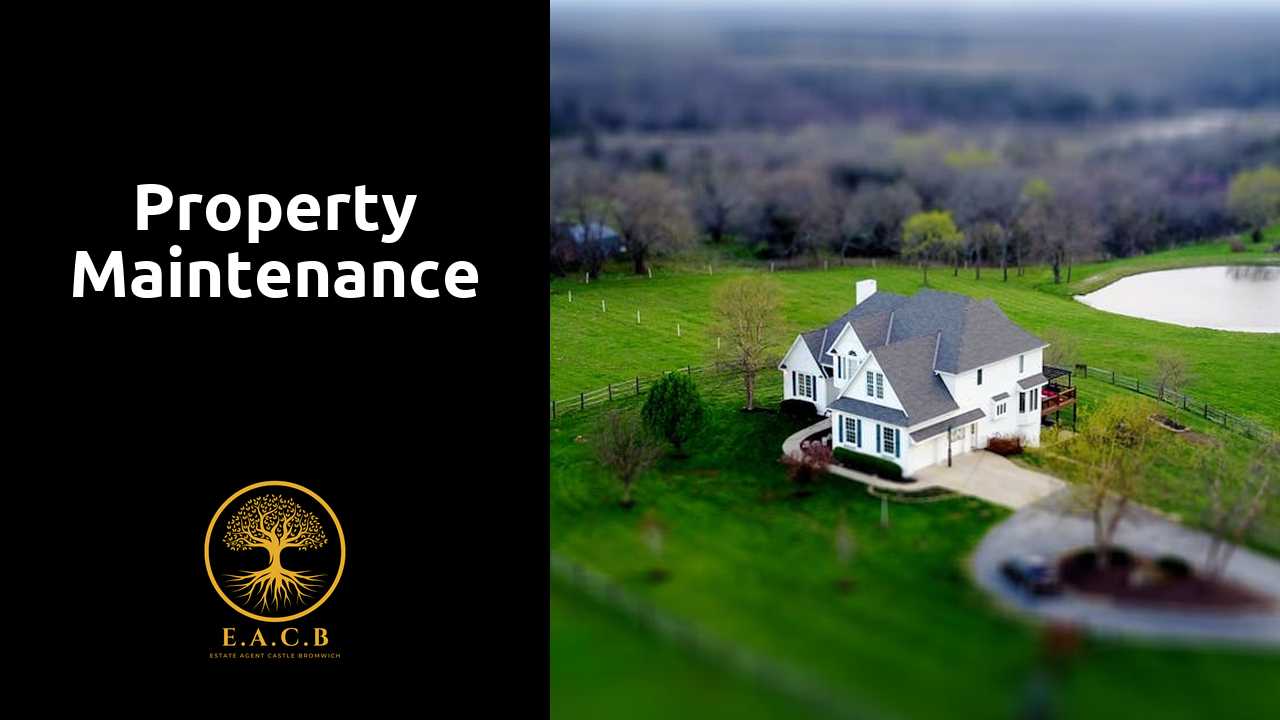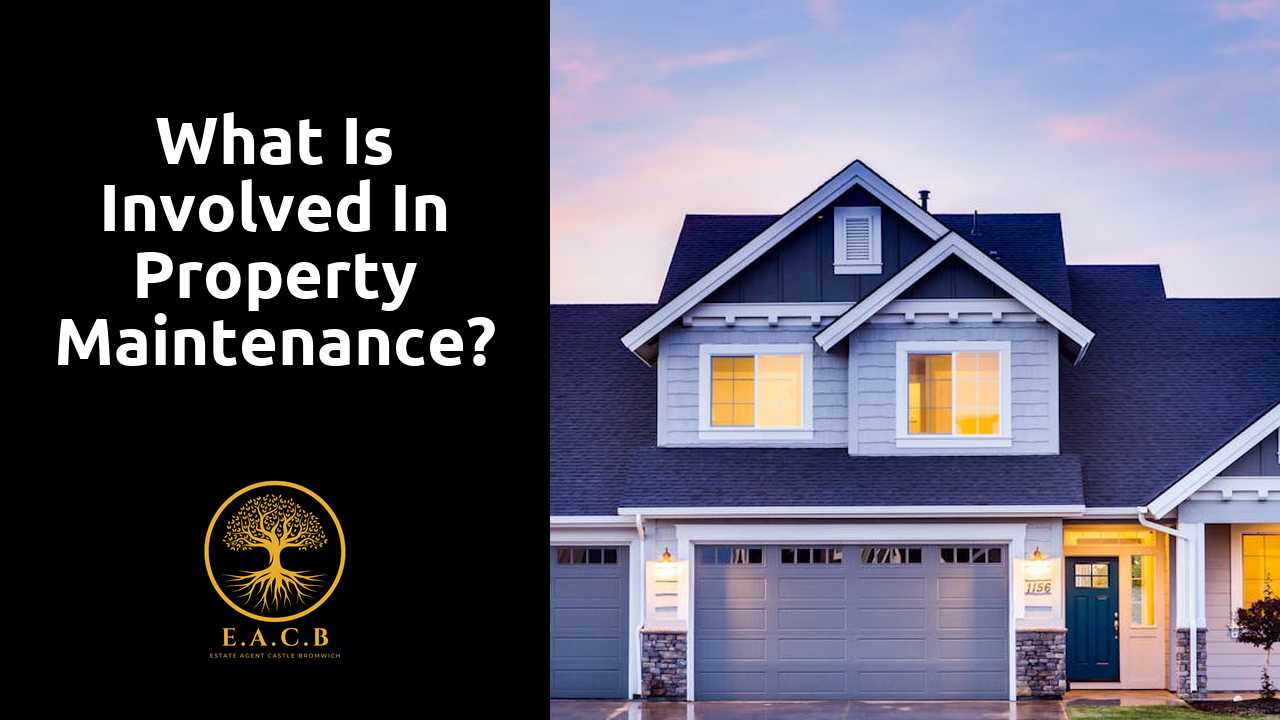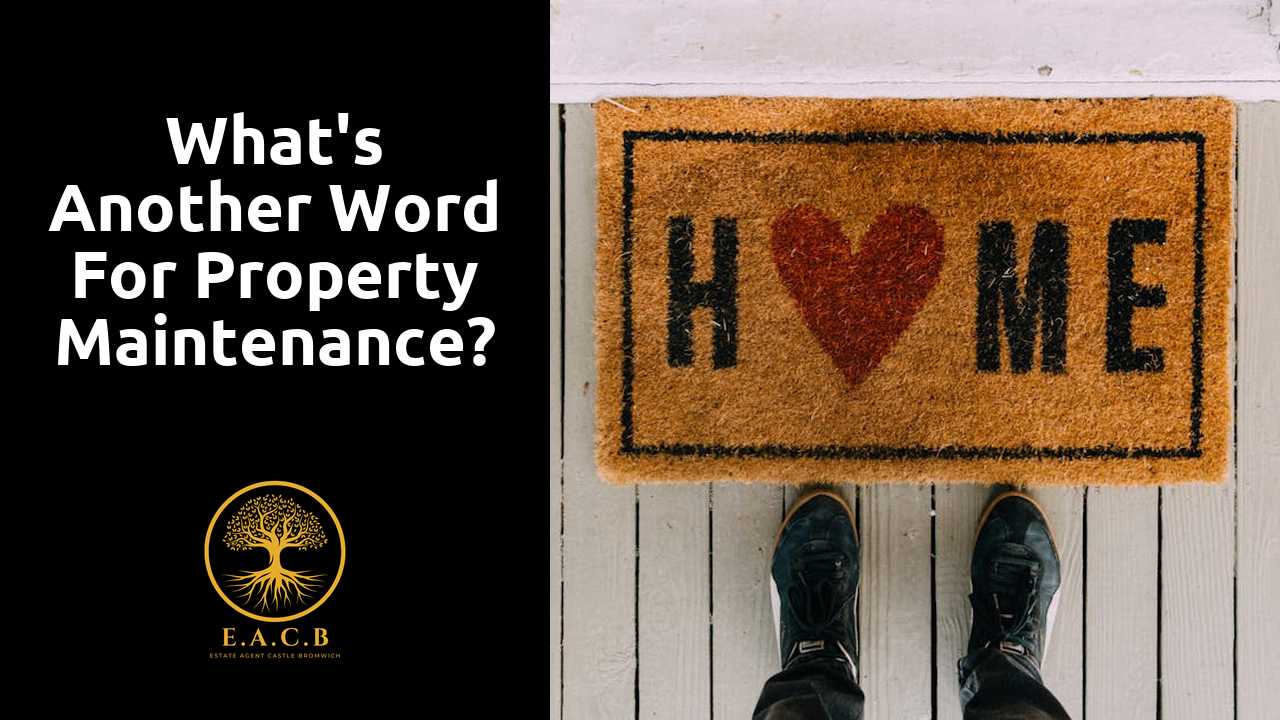
Importance of Health and Safety
Health and safety are paramount in the property maintenance sector. Operatives often find themselves working in varied environments, from residential properties to commercial buildings. Such settings can present numerous hazards, including electrical issues, slip hazards, and exposure to harmful substances. Understanding and adhering to health and safety regulations ensures not only the wellbeing of the operatives but also the safety of clients and the public. Regular training and updates on safety protocols are essential in keeping everyone informed and prepared for potential risks.
Property maintenance operatives must remain vigilant in recognising and mitigating risks while performing their duties. Compliance with safety regulations often involves wearing appropriate personal protective equipment and utilising tools safely. Establishing a culture of safety within a team not only enhances individual awareness but also fosters collaboration among operatives and other professionals in the field. This shared commitment to health and safety contributes to more efficient operations and positive outcomes for property maintenance projects.
Safety Regulations and Compliance
Adhering to safety regulations is a fundamental aspect of property maintenance. This role often involves working in various environments where potential hazards can arise. Operatives must stay informed about current health and safety laws, ensuring compliance to protect themselves and others. Proper training and understanding of equipment safety, handling toxic substances, and working at heights are essential components of this responsibility. Regular risk assessments can help identify hazards before they escalate.
Moreover, compliance with safety regulations not only safeguards the operative but also upholds the integrity of the property maintenance profession. Failing to adhere to these guidelines can lead to accidents, resulting in costly repairs and legal repercussions. Consequently, property maintenance operatives are required to complete certifications and engage in ongoing training to stay current with industry standards. This commitment to safety fosters a professional environment that enhances not only individual performance but also the overall reputation of the property maintenance sector.
Working in a Team Environment
Property maintenance operatives frequently collaborate with various professionals to ensure that all tasks are completed efficiently and effectively. This teamwork often includes coordination with electricians, plumbers, and builders, each bringing their own expertise to the project. Clear communication and mutual respect are essential for maintaining a productive working environment. By understanding each team member's role, operatives can streamline processes and help tackle complex issues that arise during maintenance tasks.
Working in a team not only enhances the quality of work but also fosters a supportive atmosphere. Property maintenance operatives benefit from the diverse skills and perspectives of their colleagues. Sharing knowledge and learning from one another can lead to improved techniques and approaches to common problems. This collaborative spirit ultimately contributes to a more cohesive team dynamic, ensuring that projects are completed on time and to a high standard.
Collaboration with Other Trades
Collaboration with other trades is essential for a property maintenance operative. They often find themselves working alongside electricians, plumbers, and carpenters to ensure that all aspects of repair and maintenance are addressed. Effective communication helps streamline processes, reduces the potential for errors, and ensures that projects are completed efficiently. This teamwork enhances problem-solving capabilities, allowing operatives to find solutions that might not be apparent when working in isolation.
Successful collaboration requires an understanding of each trade's specific roles and requirements. Property maintenance operatives must be familiar with various skills and tools used by their colleagues. This knowledge fosters mutual respect and facilitates smoother interactions on-site. By embracing a cooperative mindset, property maintenance operatives can contribute to a cohesive work environment, ultimately leading to higher standards of service and client satisfaction.
Career Progression Opportunities
Career progression in Property Maintenance offers a variety of pathways for individuals keen on advancing their skills and responsibilities. Starting as a maintenance operative can lead to roles such as team leader or supervisor. Gaining expertise in specific areas like plumbing, electrical work, or carpentry enhances prospects. Continuous learning through training and certifications plays a crucial role in achieving higher positions within the industry.
Many professionals in Property Maintenance choose to specialise further, potentially becoming subject matter experts in particular fields. This expertise can open doors to consultancy roles or managerial positions within larger organisations. Networking within the industry often leads to opportunities that are not publicly advertised, allowing individuals to explore diverse career avenues and elevate their professional profiles.
Advancing in the Property Maintenance Field
Advancing in the property maintenance field often requires a combination of experience and further qualifications. Many operatives start with basic skills and gradually specialise in areas such as plumbing, electrical work, or carpentry. Pursuing additional training or certification can significantly enhance one's knowledge and credibility in these specialised areas. As operatives gain expertise, they become more valuable to employers and may find opportunities for roles with greater responsibility.
Career progression in property maintenance can also lead to supervisory or management positions. These roles often involve overseeing a team of maintenance personnel and ensuring that projects are completed efficiently and safely. Networking within the industry is crucial, as it can open doors to new opportunities and collaborations. As operatives build their reputation, they may receive offers for roles in property management or consultancy, further expanding their career horizons.
FAQS
What are the primary responsibilities of a property maintenance operative?
A property maintenance operative is responsible for conducting repairs, performing routine maintenance, and ensuring the safety and functionality of buildings and facilities. This includes tasks such as plumbing, electrical work, painting, and general upkeep of the premises.
Why is health and safety important in property maintenance?
Health and safety are crucial in property maintenance to prevent accidents and injuries. Adhering to safety regulations ensures that both the operatives and the occupants of the property are protected from potential hazards associated with maintenance work.
What safety regulations must property maintenance operatives comply with?
Property maintenance operatives must comply with various safety regulations, including the Health and Safety at Work Act, Control of Substances Hazardous to Health (COSHH), and specific building regulations that relate to the work being performed.
How do property maintenance operatives collaborate with other trades?
Property maintenance operatives often work alongside other trades such as electricians, plumbers, and carpenters. Effective collaboration is essential to ensure that projects are completed efficiently and to high standards, often requiring communication and coordination of tasks.
What are the career progression opportunities for property maintenance operatives?
There are several career progression opportunities within the property maintenance field, including roles such as supervisor, team leader, or facilities manager. Furthermore, operatives can specialise in specific areas, pursue certifications, or even start their own maintenance business.


